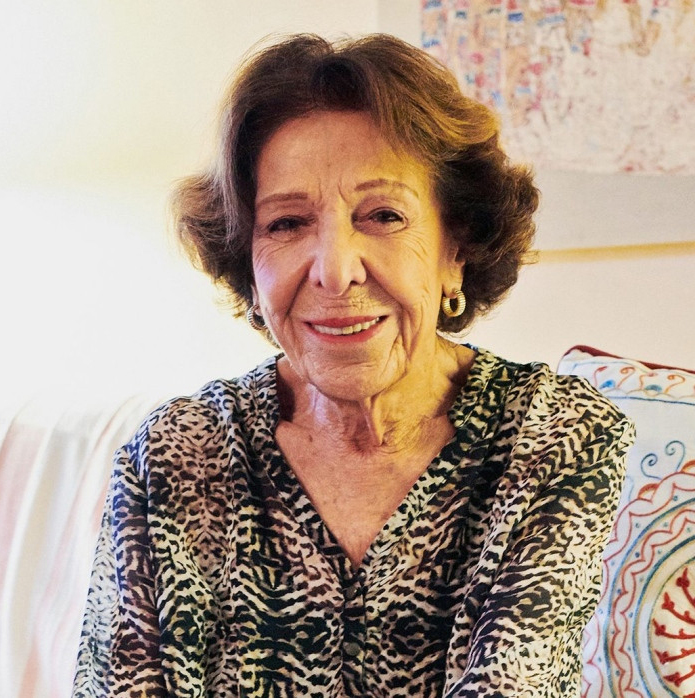Born in the island of Rhodes, a crossroad of Muslim, Jewish, and Christian cultures. Starting in the late 19th century, the Jewish population was exposed to French culture and the nationalization of Turkey. Italy conquered the island in 1912. Embraced by familial love, Stella absorbed the culture of her parents and grandparents and the hopes, fears, and complexities brought about by colonialism and modernization.
Besides her native Judeo-Español, she spoke French, Italian, Turkish and Greek. Encouraged by her mother and older sisters, enjoyed philosophy, history, poetry, psychoanalysis, and art. Music and poetry were an essential element of daily life, sometimes through the radio or the Puccini Theater but more often as part of ancient traditions: her father, Yehudah Levi was known for his enchanting cantillation and the women around her sang Ladino love songs.
After enduring the hardship of the war and the racial laws, in July 1944 the entire Jewish Community of Rhodes was deported to Auschwitz. Stella and her sister René survived. They went to Italy and then to the United States. While struggling to establish life in a new country, she continued to nurture her passions. With modesty and grace, she became an inspiration and a source of knowledge for many endeavors: the Jewish Museum of Rhodes, the Sephardic House the American Sephardi Federation, and Centro Primo Levi. She has been featured in three films: The Island of Roses by Rebecca Samonà, The Longest Journey by Ruggero Gabbai, and Redemption Blues by Peter Statsny.

